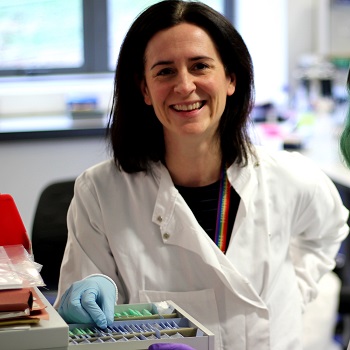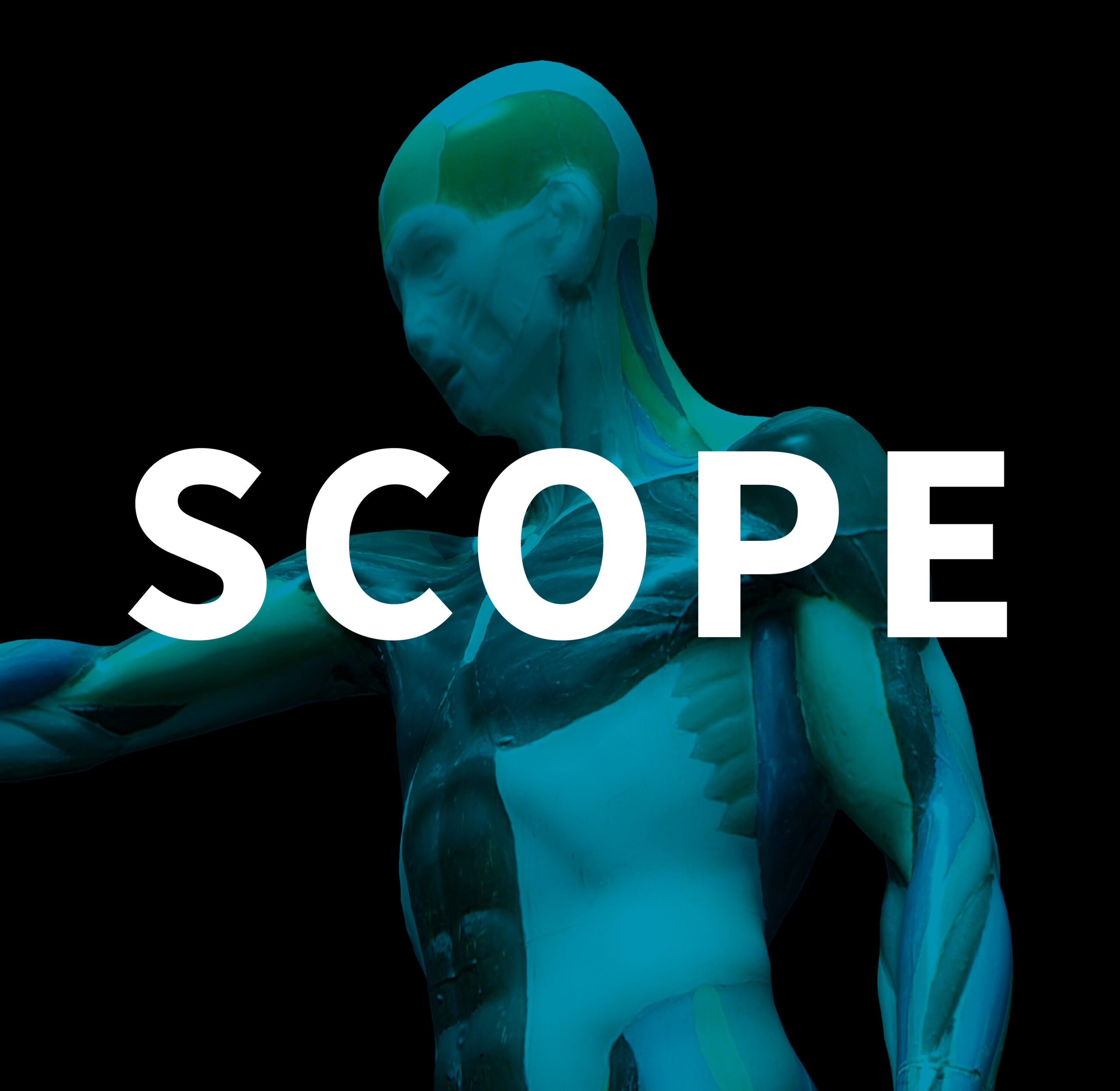 International Women’s Day celebrates women’s achievements, raises awareness against bias and encourages action for equality.
International Women’s Day celebrates women’s achievements, raises awareness against bias and encourages action for equality.
One of the missions of International Women’s Day 2021 is ‘to assist women to be in a position of power to make informed decisions about their health’. With that in mind we are shining a spotlight on some of our inspiring and incredible women colleagues working in areas of women’s health whose research work and clinical practice aims to do just that.
Dr Jackie Maybin is a Senior Research Fellow and Consultant Gynaecologist. She studies menstruation with the aim of improving treatments for problematic periods and preventing their occurrence. Her current research team focuses on the physiology of menstruation and the aberrations that lead to problematic periods.
Which area of women’s health are you currently researching?
Our mission is to develop preventive and therapeutic strategies for problematic periods, which are common and debilitating. We aim to improve the quality of life of those who menstruate, which will ultimately benefit wider society. To achieve this, our clinical team and discovery scientists perform innovative research to enhance knowledge of menstruation and associated disorders, collaborate globally, train the next generation of experts and engage with the public.
Why is this research so important?
Heavy menstrual bleeding affects up to 1 in 3 women at some point in their reproductive lives. Some people have such heavy periods that they can’t leave the house when menstruating as they flood through their menstrual products onto their clothes. Menstrual bleeding can be so heavy that a blood transfusion is required. Alongside these physical effects, problematic menstrual bleeding can result in work/school absence, an increased financial burden due to paying for extra menstrual products and an inability to carry out caring roles. Therefore, problematic menstrual bleeding can have far reaching negative impacts on physical, emotional, social and material quality of life. Our research aims to prevent problematic periods from occurring and to develop better treatments for those who do suffer. We hope this will help women to function at their best.
How can women make informed decisions about their health when it comes to your area of research?
It is fantastic for women to increase their knowledge of their menstrual health; knowledge is a powerful tool. To help do this, we have created a menstrual health website called HOPE – healthy optimal periods for everyone . Here, women and men can access reliable information about typical and non-typical periods, current treatment options and some of the research studies currently being done. There are also separate sections for employment, education and policy-making to help create menstrual friendly workplaces, improve how menstrual health education is delivered in schools and homes and inspire menstrual friendly policies.
A similar website has been developed for those with endometriosis. The NHS website also has excellent information on women’s health.
All too often women are dismissed if they present with menstrual problems. Looking though sites such as these before an appointment with your doctor can help inform discussions and optimise care. Without good education in schools for boys and girls regarding women’s health, women, their partners, employers and even medical professionals, can be unaware of what is ’typical’ and ’not-typical’. This can mean it is very hard to identify if there is a problem, never mind accessing good information and treatments.
More research funding for women’s heath would go a long way to improving the health of our entire population. The experience we all have inside the womb prior to birth influences our chance of getting diabetes or a heart attack in the future – it makes lots of sense to invest in research to optimise how the womb functions.
>>Read Dr Jackie Maybin’s comments in this article from the digital magazine ‘The Flock’.
It discusses the important issue of the gender health gap. Dr Maybin talks about how women may be excluded from vital medical research and trials. She explains the daily impact of this on women globally and how the health gap can be closed in the future.
>>Read about Dr Maybin’s experience of the clinical side of her work during the pandemic, in this Young Academy of Scotland blog post.



Leave a Reply